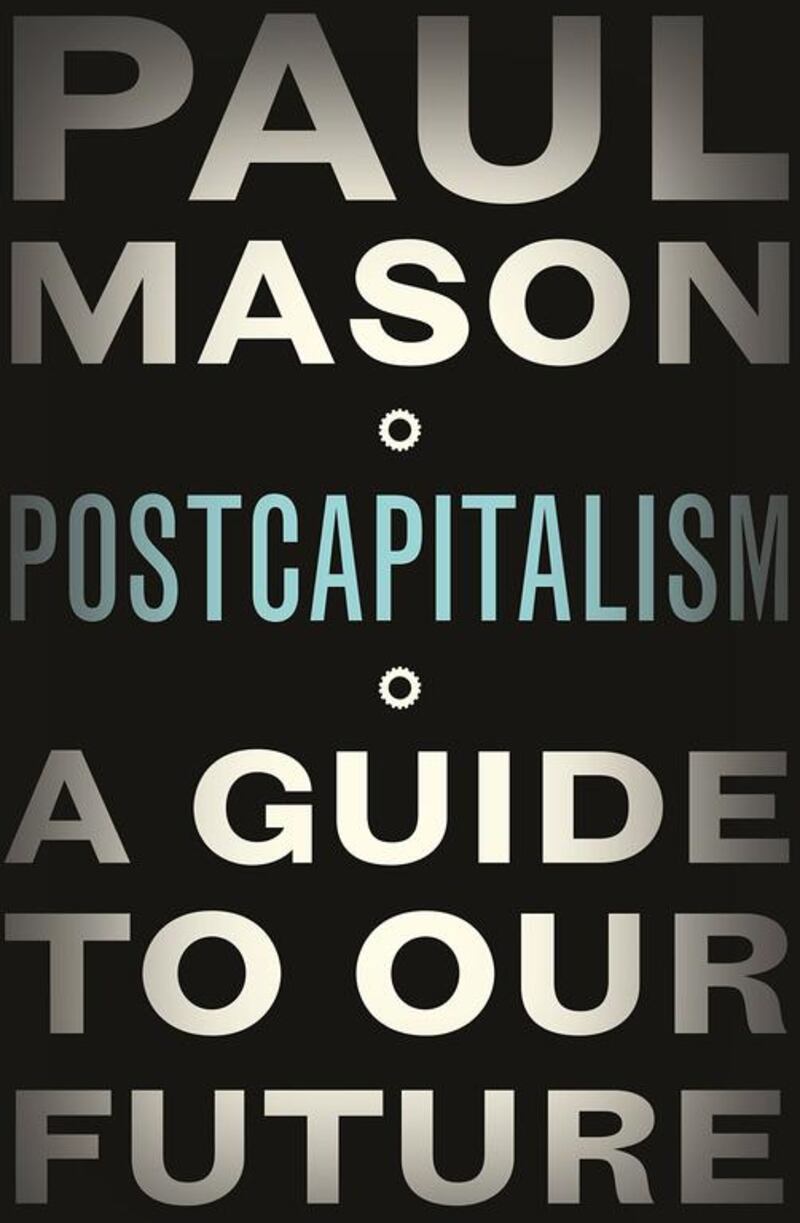Postcapitalism: A Guide to Our Future by Paul Mason
The financial crisis that hit from 2007 was the most severe since the Great Depression of the 1930s. But with IT transforming the global economy, the author argues that we are at the brink of creating a new, socially just economic order. (Allen Lane, August 27)
The Oval World: A Global History of Rugby by Tony Collins
Rugby has been transformed from a medieval village game to a phenomenon played in more than 100 countries. Published to coincide with the Rugby World Cup, it also looks at how American Football and Aussie Rules have emerged from the sport. (Bloomsbury, August 27)
Xerxes: A Persian Life by Richard Stoneman
The king of Persia is forever associated with the defiance of the Spartans against his army at Thermopylae. But here, Stoneman puts his reign from 486BC to 465BC in context, including the architectural glory of Persepolis and the multiculturalism of his empire. (Yale, August 15)
The Illogic of Kassel by Enrique Vila-Matas
A writer receives an invitation to participate in a legendary art exhibition in Kassel, Germany. His mission: to become a living art installation, by writing in public, in a Chinese restaurant every morning. This is the story of a solitary man and a sly look at the world of contemporary art fairs. (Harvill Secker, August 13)
Kitchens of the Great Midwest by J Ryan Stradal
Eva was just 11 when she was cultivating chilli peppers in her wardrobe. We follow her journey to becoming the greatest chef in the world – but first, Eva must navigate the competitive chilli-eating contests and church bake-offs of the American Midwest. (Quercus, August 6)
A Woman Loved by Andreï Makine
In the final days of the Soviet empire, a young filmmaker is dropped from the film he scripted about Catherine the Great. However, a second chance (or so it seems) beckons when a friend, enriched by the capitalist new dawn, wants him to refashion his work for TV. But the market exerts its own censorship. (MacLehose Press August 6)










